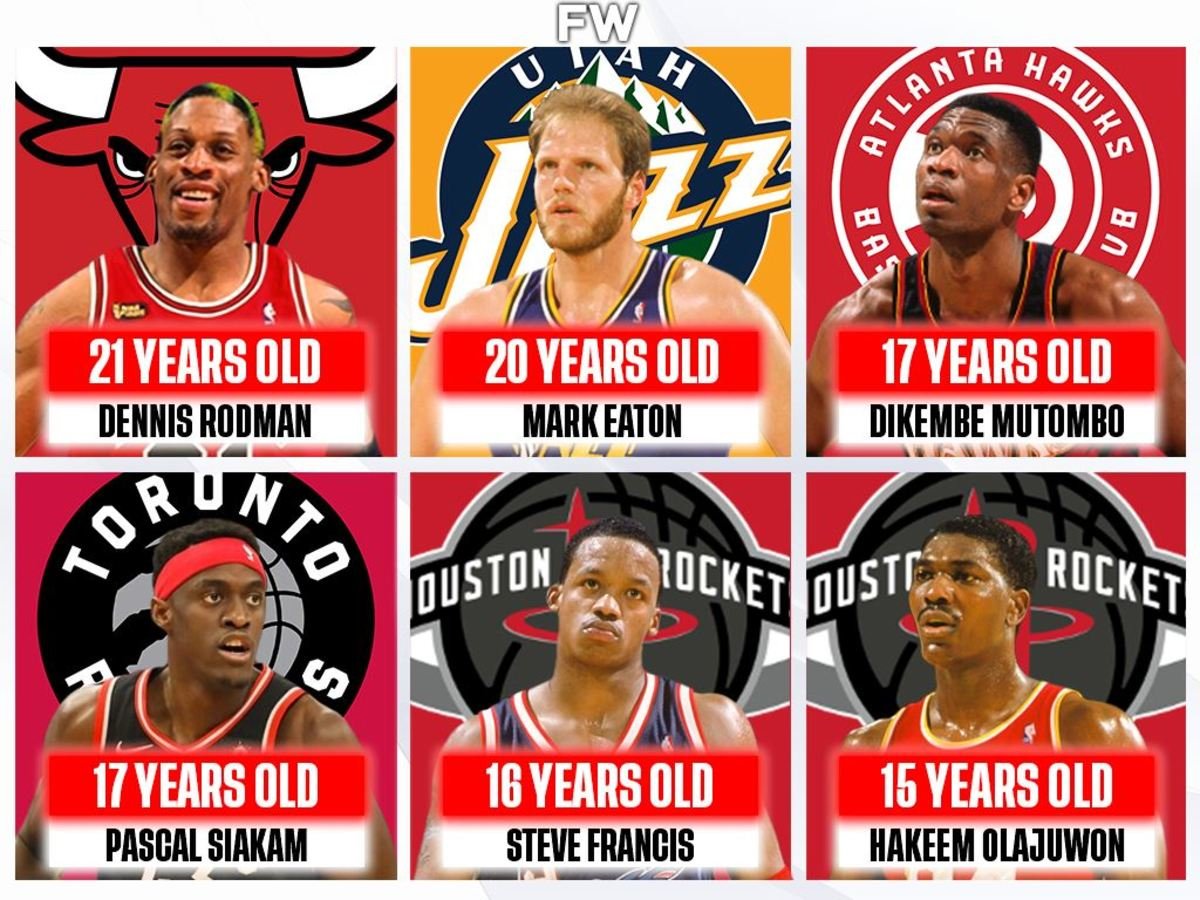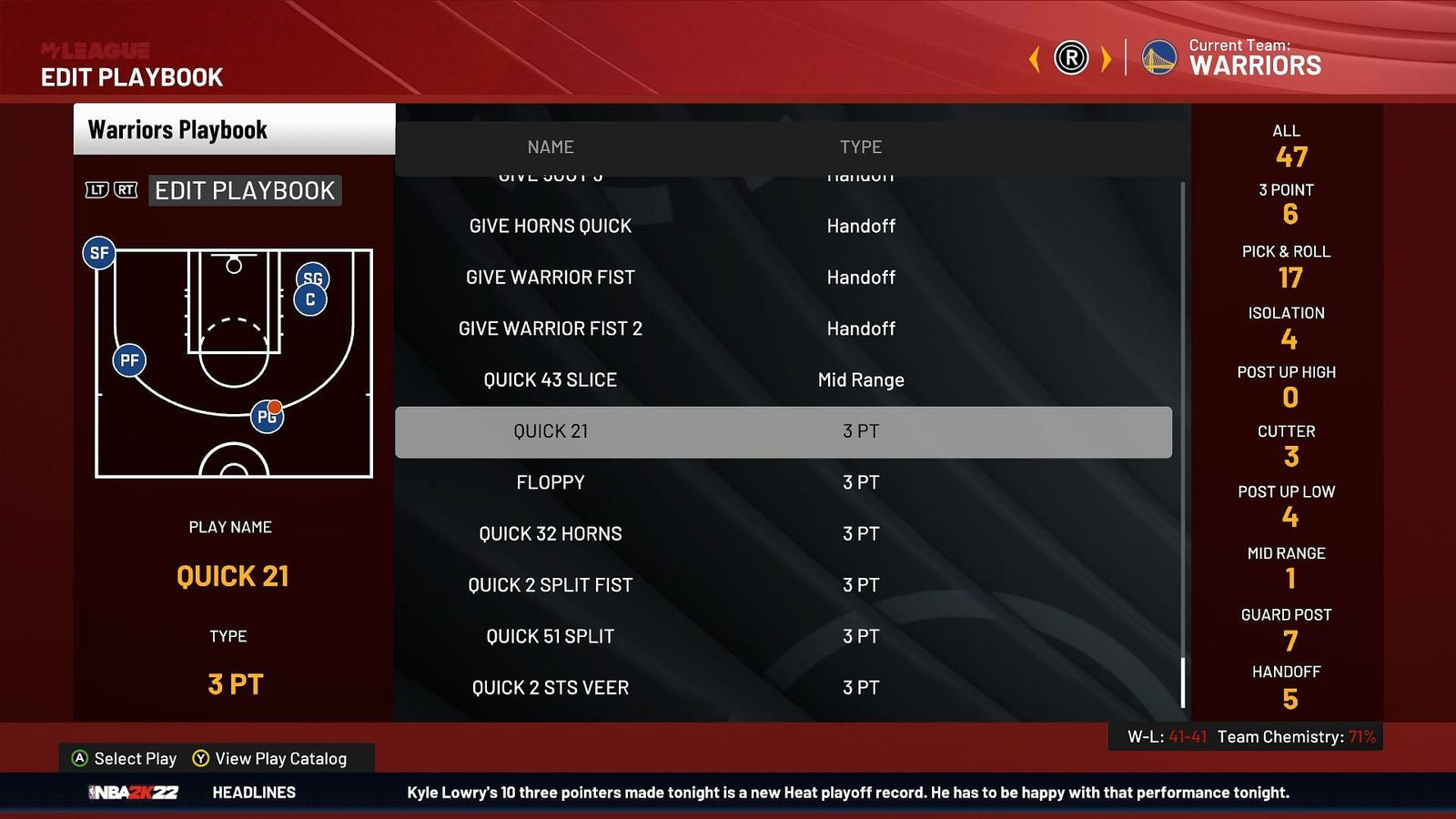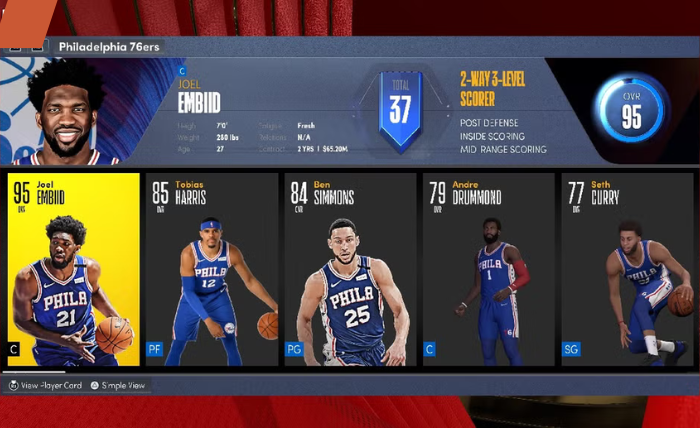Many NBA stars began their careers at a young age. But some players found success later.
Entering the NBA is a dream for many, but not everyone follows the same path. Some players take the conventional route, joining the league straight out of high school or college. Yet, there are those who started their professional basketball journey much later.
These late bloomers faced unique challenges and had to work even harder to make their mark. Their stories are inspiring, showing that it’s never too late to chase your dreams. In this blog, we will explore the fascinating journeys of NBA players who started late. We’ll look at their struggles, their triumphs, and what set them apart from the rest.
Late Bloomers In The Nba
Many NBA stars start their careers young. But some players bloom late. These athletes overcome obstacles and prove that age is just a number. Their stories inspire many.
Defining Late Starters
Late starters are players who begin their NBA careers later than usual. Most players join the NBA in their early 20s. But late starters might enter in their mid-20s or even later. They might have played in other leagues or taken different paths. Their journeys are unique.
Challenges They Faced
Late starters face many challenges. They must adapt to a faster, more competitive environment. Their bodies might not be as resilient as younger players. They need to learn new strategies and techniques quickly.
| Challenge | Description |
|---|---|
| Physical Fitness | Older players might struggle with injuries and stamina. |
| Adapting to Speed | The NBA game is fast-paced and intense. |
| Learning Curve | New strategies and techniques can be hard to master. |
| Proving Themselves | Late starters often need to prove their worth quickly. |
Despite these challenges, many late bloomers excel. They bring experience and maturity to the game. Their stories remind us that it is never too late to chase our dreams.
Key Success Stories
Many NBA stars made a name for themselves despite starting late. Their stories inspire many. Some players didn’t pick up a basketball until their late teens. Yet, they achieved greatness. Let’s dive into some key success stories.
Ben Wallace
Ben Wallace started his basketball journey later than most. He didn’t play organized basketball until high school. Wallace went undrafted in the NBA. But he didn’t give up. He worked hard and seized every opportunity. His defense and rebounding skills became legendary. Wallace earned four NBA Defensive Player of the Year awards. He also won an NBA Championship with the Detroit Pistons in 2004. His late start didn’t stop him from becoming a superstar.
Dennis Rodman
Dennis Rodman had a unique path to the NBA. He didn’t play basketball in high school. He worked various jobs after school. At age 21, he joined a junior college team. Rodman quickly made a name for himself. His energy and rebounding stood out. He transferred to Southeastern Oklahoma State University. There, he continued to impress scouts. The Detroit Pistons drafted him in 1986. Rodman won five NBA Championships during his career. He became known for his defensive prowess and rebounding. His late start didn’t hinder his success.
Factors Contributing To Late Success
Some NBA players achieve greatness at a young age. Others find success later in their careers. Several factors contribute to this late success. These factors include physical development and mental toughness. Let’s delve deeper into these aspects.
Physical Development
Physical development plays a major role in late success. Some players experience growth spurts later than their peers. This late growth can enhance their skills and performance.
For example, Michael Jordan grew several inches during college. This growth helped him become a dominant player. Additionally, late physical development can reduce the wear and tear on a player’s body.
Strength training and conditioning routines also contribute. As players mature, they better understand their bodies. They can then optimize their training for peak performance.
| Player | Growth Spurt |
|---|---|
| Michael Jordan | During College |
| Anthony Davis | High School |
Mental Toughness
Mental toughness is another key factor. Players who start late often develop strong mental resilience. They face more obstacles and challenges. Overcoming these hurdles builds character.
Consider the story of Jimmy Butler. He faced numerous hardships before making it to the NBA. His journey shaped his mental toughness.
- Resilience in the face of adversity
- Determination to succeed
- Ability to handle pressure
These attributes are crucial for late bloomers. They enable players to perform at high levels despite starting late.

Credit: www.sportskeeda.com
Overcoming Adversity
Many NBA players faced significant challenges before their careers took off. Some started late, overcoming personal and professional obstacles. Their journeys inspire many and show the power of perseverance. Let’s explore their stories under the theme of Overcoming Adversity.
Personal Struggles
Several players faced personal struggles before entering the NBA. These challenges included difficult childhoods, financial problems, and health issues. For example:
- Jimmy Butler: Overcame homelessness and family issues.
- Ben Wallace: Grew up in poverty and faced academic challenges.
These personal battles shaped their character and determination. They learned to push through tough times and stay focused on their goals.
Career Setbacks
Career setbacks also played a major role in their delayed starts. Some players faced injuries, were overlooked by scouts, or had to prove themselves in lower leagues. Examples include:
| Player | Setback | Outcome |
|---|---|---|
| Jeremy Lin | Undrafted | Became a key player for several teams |
| John Starks | Played in minor leagues | Starred for the New York Knicks |
These setbacks didn’t stop them. Instead, they used them as motivation to improve and eventually succeed in the NBA.
Impact On Teams
NBA players who start their careers late can still make a significant impact on their teams. Their experiences, gained from playing in different leagues or from life, bring unique perspectives. They often play critical roles in guiding younger players. Their contributions can elevate the overall performance of their teams.
Leadership Roles
Late starters often take on leadership roles. They bring maturity and a different kind of wisdom. Their journey adds depth to their leadership. Younger players look up to them. They can share valuable lessons from their past experiences. This guidance helps in building a strong team culture.
Defensive Prowess
Defense is crucial in basketball. Late starters often excel here. They have learned to read the game better. Their defensive skills come from years of experience. They know how to position themselves effectively. Their presence in defense often boosts team confidence. They can shut down the best offensive players. This makes them valuable assets to any team.

Credit: www.youtube.com
Coaching Influence
Starting a career in the NBA late requires more than just talent. Coaching influence plays a crucial role in shaping these players. Coaches provide the guidance and support needed to overcome challenges. They help players develop their skills and boost their confidence. This section delves into how mentorship and training techniques from coaches impact late starters in the NBA.
Mentorship
Mentorship is key to the success of late-starting NBA players. Experienced coaches share their knowledge and experience with these players. They offer advice on improving techniques and strategies. Mentors also provide emotional support, helping players stay focused and motivated. This guidance can make a huge difference in a player’s career.
Coaches often act as role models for their players. They demonstrate hard work, dedication, and resilience. This inspires players to adopt the same qualities. Mentorship helps players develop a strong work ethic and positive mindset. This is essential for success in the competitive world of the NBA.
Training Techniques
Training techniques tailored to late starters are vital. Coaches design specific drills and exercises to address individual needs. These techniques focus on enhancing strengths and improving weaknesses. Customized training plans help players catch up with their peers.
Coaches use modern technology to analyze player performance. They identify areas that need improvement and adjust training accordingly. Video analysis, for example, allows players to see their mistakes and learn from them. This helps them refine their skills and become better players.
Training also includes mental conditioning. Coaches teach players how to handle pressure and stay calm during games. Mental toughness is crucial for late starters to succeed in the NBA. Proper training techniques ensure that players are well-prepared for the challenges they face.
Comparison With Early Starters
When comparing NBA players who started late with those who began early, there are distinct differences. These differences span across various aspects of their careers. Below, we will explore these aspects.
Career Longevity
Players who start late often have shorter careers. They face age-related challenges sooner. Early starters have the advantage of youth. They can build a longer career. The physical toll of the game impacts late starters faster. They need to manage their health more carefully. Early starters can afford more risks early on.
Performance Metrics
Early starters usually show stronger performance metrics. They benefit from more years of training. Late starters must catch up quickly. This can affect their stats. Points per game, assists, and rebounds may be lower. Early starters refine their skills over time. They have more opportunities to improve their metrics.
Lessons For Aspiring Players
NBA players who started late have valuable lessons for aspiring athletes. These lessons can inspire and guide anyone chasing their basketball dreams.
Patience And Perseverance
Many late-starting NBA players highlight the importance of patience and perseverance. For instance, let’s take a look at a few notable players:
| Player | Age Started | Lesson |
|---|---|---|
| Hakeem Olajuwon | 15 | Never too late to start |
| Joel Embiid | 15 | Consistent hard work pays off |
These players didn’t rush their journey. They understood the value of dedication and took the time to hone their skills. Aspiring players can learn that success may take time, but perseverance leads to achievement.
Adaptability
Adaptability is another key lesson. Many late starters had to adapt quickly to new challenges and environments. For instance:
- Joel Embiid adapted to the game despite starting at 15.
- Hakeem Olajuwon transitioned from soccer to basketball with ease.
Being able to adjust to new situations can make a significant difference. Aspiring players should be open to learning and adapting to different playing styles and strategies.
Emphasizing patience, perseverance, and adaptability can help aspiring players succeed, even if they start their journey later than others.

Credit: www.youtube.com
Frequently Asked Questions
Who Are Some Nba Players Who Started Late?
Some NBA players who started late include Hakeem Olajuwon, Dennis Rodman, and Dikembe Mutombo. They began playing basketball in their late teens. Despite their late start, they achieved great success in the NBA. Their stories are inspiring for those who start their basketball journey later than usual.
Why Did Some Nba Players Start Late?
Some NBA players started late due to various reasons. These include focusing on other sports, personal challenges, or lack of access to basketball facilities. Despite the late start, they worked hard, improved their skills, and eventually made it to the NBA.
Their determination is truly remarkable.
How Did Late Starters Succeed In The Nba?
Late starters succeeded in the NBA through hard work, dedication, and continuous improvement. They often had a strong work ethic and a willingness to learn. Coaches and mentors also played a crucial role in their development. Their perseverance and commitment led to successful NBA careers.
What Challenges Did Late Starters Face?
Late starters faced challenges such as catching up with peers, developing fundamental skills, and gaining recognition. They had to work harder to overcome these obstacles. Despite these challenges, their determination and resilience helped them succeed in the NBA. Their stories are a testament to the power of perseverance.
Conclusion
Starting late didn’t stop these NBA players from achieving greatness. Their dedication and hard work paid off. They prove it’s never too late to follow your dreams. Their stories inspire aspiring players everywhere. Success comes from passion and perseverance. Keep pushing forward.
The journey matters as much as the destination. So, lace up your shoes. Hit the court. Your time can still come.






